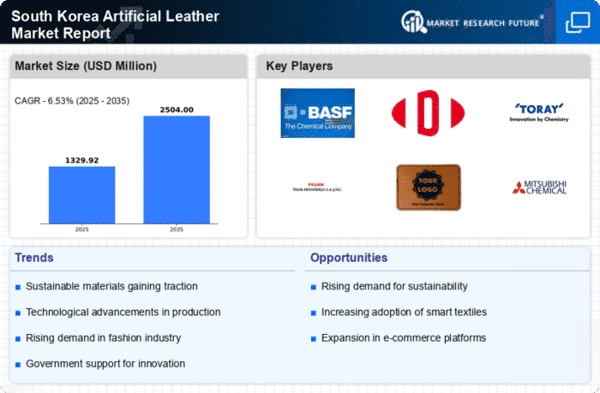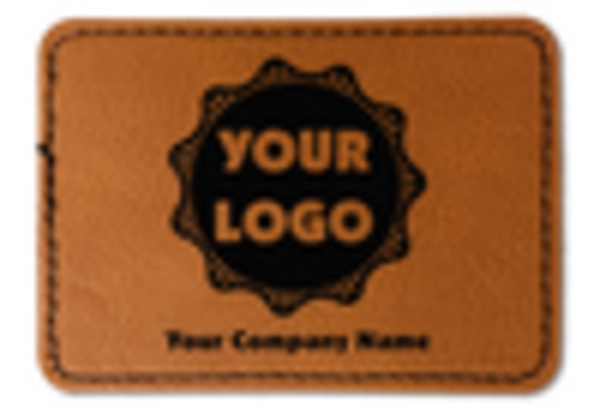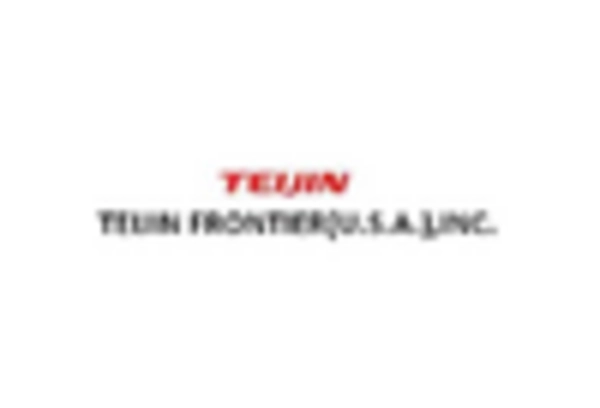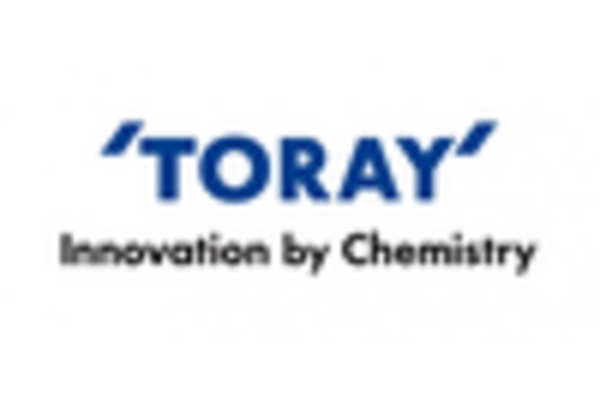The artificial leather market in South Korea exhibits a dynamic competitive landscape characterized by innovation and strategic partnerships. Key players such as BASF SE (Germany), DuPont de Nemours Inc (US), and Toray Industries Inc (Japan) are actively shaping the market through their distinct operational focuses. BASF SE (Germany) emphasizes sustainability in its product offerings, aligning with global trends towards eco-friendly materials. Meanwhile, DuPont de Nemours Inc (US) is leveraging its advanced polymer technologies to enhance product performance, indicating a strong commitment to innovation. Toray Industries Inc (Japan) appears to be focusing on regional expansion, particularly in Asia, to capitalize on the growing demand for synthetic materials. Collectively, these strategies contribute to a competitive environment that prioritizes technological advancement and sustainability.In terms of business tactics, companies are increasingly localizing manufacturing to reduce lead times and optimize supply chains. The market structure is moderately fragmented, with several players vying for market share, yet the influence of major companies remains substantial. This competitive structure allows for a diverse range of products and innovations, catering to various consumer preferences and industry needs.
In October BASF SE (Germany) announced a partnership with a leading South Korean fashion brand to develop a new line of sustainable artificial leather products. This collaboration not only enhances BASF's market presence but also underscores its commitment to sustainability, aligning with consumer preferences for eco-friendly materials. The strategic importance of this partnership lies in its potential to set new industry standards for sustainable practices in artificial leather production.
In September DuPont de Nemours Inc (US) launched a new range of high-performance artificial leather aimed at the automotive sector. This product line incorporates advanced polymer technology, which enhances durability and aesthetic appeal. The strategic significance of this launch is evident as it positions DuPont as a leader in innovation within the automotive materials market, potentially increasing its market share in a rapidly evolving sector.
In August Toray Industries Inc (Japan) expanded its production capacity in South Korea by investing $50 million in a new manufacturing facility. This strategic move is likely to bolster Toray's ability to meet the increasing demand for artificial leather in the region, particularly in the fashion and automotive industries. The expansion reflects Toray's commitment to enhancing its operational capabilities and responsiveness to market trends.
As of November current competitive trends in the artificial leather market are heavily influenced by digitalization, sustainability, and the integration of AI technologies. Strategic alliances are becoming increasingly vital, as companies seek to leverage each other's strengths to enhance product offerings and market reach. Looking ahead, competitive differentiation is expected to evolve, with a notable shift from price-based competition towards innovation, technological advancements, and supply chain reliability. This transition suggests that companies prioritizing these aspects will likely gain a competitive edge in the increasingly sophisticated market.

















